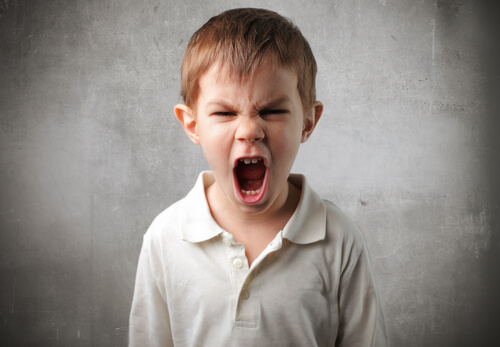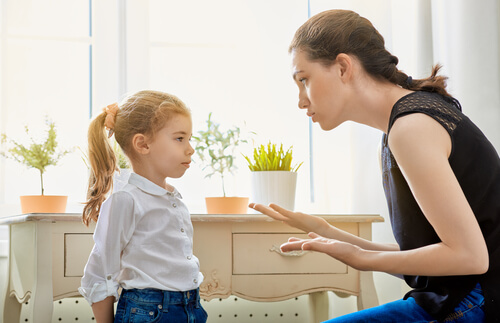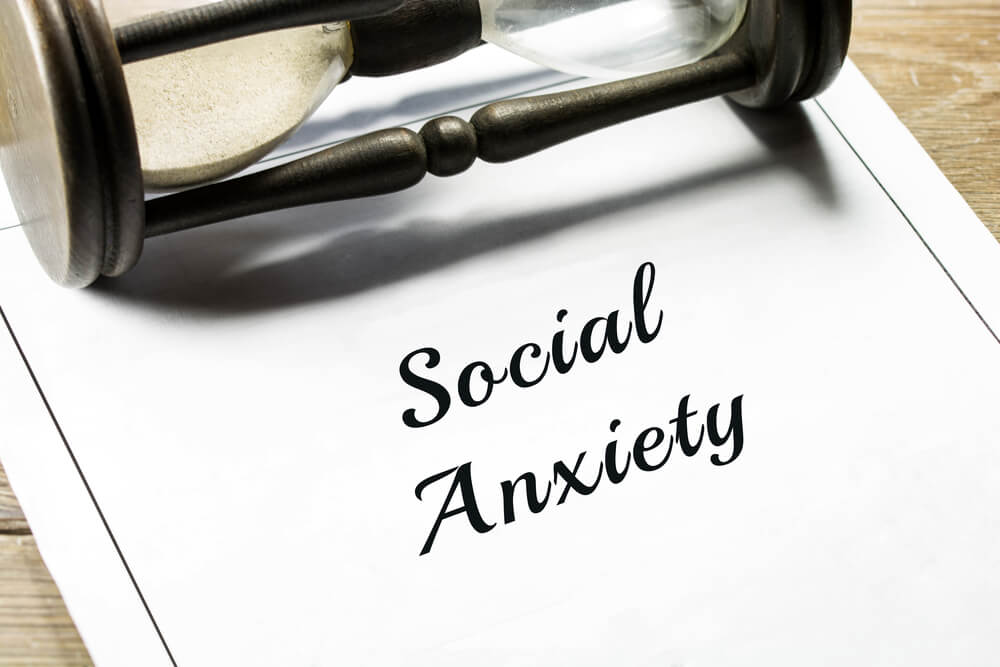How to deal with an 'ANGRY Child'

When children are behaving badly, many people’s immediate temptation will be to discipline their child. This is effective for some children; however, for other children, it can escalate their anger and frustration and lead to an emotional meltdown. In the face of this anger, many parents can find themselves getting similarly angry and frustrated, which can pour further fuel on the fire. What can we do to stop this cycle of anger?
What is anger?
Anger is a normal human emotion, which has an important purpose in our lives. Anger occurs when there is a perceived threat, hurt, or injustice, and tells us that something is wrong and needs to be changed.
Anger can be considered and deliberate, often in reaction to unfair situations, or can be spontaneous and impulsive, often for self-preservation or to control the situation. Anxious children often display anger when they are feeling anxious about a situation and are unable to control what is happening, or stop their anxiety from escalating.
In children, anger can be expressed through a variety of challenging behaviours, such as whining, crying, yelling, screaming, hitting, biting, lying, stealing, or meltdowns. Anger can also be internalised, leading to dwelling and rumination, or worrying, as well as physical signs of anger, such as tension, heat, racing heart, and hyperventilation.
Anger can also vary in intensity in adults and children – no one is 100% angry 100% of the time! Milder forms of anger such as annoyance, frustration, and irritability can act as precursors to more severe anger, placing a person in the ‘yellow’ or ‘amber’ zone. From this ‘yellow’ zone of anger, it can take very little to trigger the person into a more intense ‘red’ zone of anger or rage.
Challenging behaviour is ultimately communication – their behaviour and emotional expression is telling you that they are struggling in their current situation. Reframe challenging behaviour as communication rather than naughty, manipulative, or deliberate; this changes the parent’s role from a disciplinarian to a partner in problem solving with the child.
HOW CAN I SUPPORT A CHILD WHO IS ANGRY?
All children experience anger sometimes – it is a normal part of life! However, some children, particularly those who have anxiety, or who may have a developmental disability such as Attention Deficit Hyperactivity Disorder or Autism Spectrum Disorder, can experience more frequent and severe anger.
Below are some tips to defuse your child’s anger in the moment, and some tips to help your child improve their self-management of anger in the long term:
Help Your Child Understand their emotions
Anger can be a particularly strong emotion, and it can be difficult for children to understand what they are feeling and how they can manage it. You can give your children a strong emotional vocabulary by talking about feelings with your children. Help them understand their emotions by labelling their emotions – “I can see that you are mad that we cannot go to the park”, or “You seem sad that you cannot do your homework easily”.
Encourage them to speak to you and express their emotions. Talk about your own feelings and model how you manage your emotions to your children; this will make it easier for them to understand and regulate their own emotions.
ACCEPT Your children’s emotions and emotional responses
Children often hear ‘no’ and ‘stop’. For children who have difficulties self-regulating, just telling them to stop does not help the emotional storm within them, nor tells them how to behave appropriately in that situation. Often it is more helpful to tell them what to do instead – “hands at your sides”, or “you can’t play your games anymore, but you can play basketball with me”.
Additionally, take their concerns and requests into account: allowing them to finish reading at the end of a paragraph or chapter, or to finish playing a game after a round has finished, can help increase their compliance and help them feel that you value their preferences and opinions.
WHEN YOUR CHILD IS HAVING A MELTDOWN
Keep calm. Responding with anger often leads to escalation from the child. If they are not doing anything dangerous or harmful, ignore their meltdown, and restate your request calmly and without strong emotion. As long as your child has positive ways of accessing your attention, withdrawing your attention from behaviour you want to see less of should decrease its frequency over time if done consistently, although it is common for children to escalate in the initial stages of this strategy.
Alternatively, time out is a powerful response to destructive, aggressive, or dangerous behaviour. Time out is NOT a punishment, but instead acts as an extended form of ignoring, and allows the child to learn emotion regulation skills. The time out space should be boring and safe, and the length of time out should be as brief as possible (no more than five minutes), until the child is able to calm themselves. After returning from time out, the child should be given the opportunity to meet the expectation again, and should be re-engaged in positive, loving, time IN as soon as possible.
Increasing your child’s positive coping skills
You can help your angry child learn skills to manage their anger through direct teaching, practicing, and modelling positive coping strategies. These include deep, slow breathing, relaxation, mindfulness skills, and time out. The more your child sees you using these, and practicing these with them, the more skilled they will become at managing their own emotions.
Problem Solve With Your Child to understand their triggers
Many children display challenging behaviour in predictable situations; some children will always have difficulty controlling their frustration when they have to complete their maths homework, or when asked to have a shower, or turn off the television. Sitting with your child and discussing a situation in which they predictably become angry or frustrated can help you understand their perspective and the thoughts and interpretations that are leading them to react in that way.
Once you understand their concerns, and they understand your concerns, you can work on problem solving that situation together, preferably in such a way that it addresses both their and your concerns. For more information about this approach, read our section on Collaborative and Proactive Solutions.
Using these approaches, you can increase your child’s understanding and ability to manage their anger, as well as equip yourself with skills to manage when they become angry.
Written by: Stephanie Morse, Registered Psychologist (Clinical psychology registrar) at ACPC



